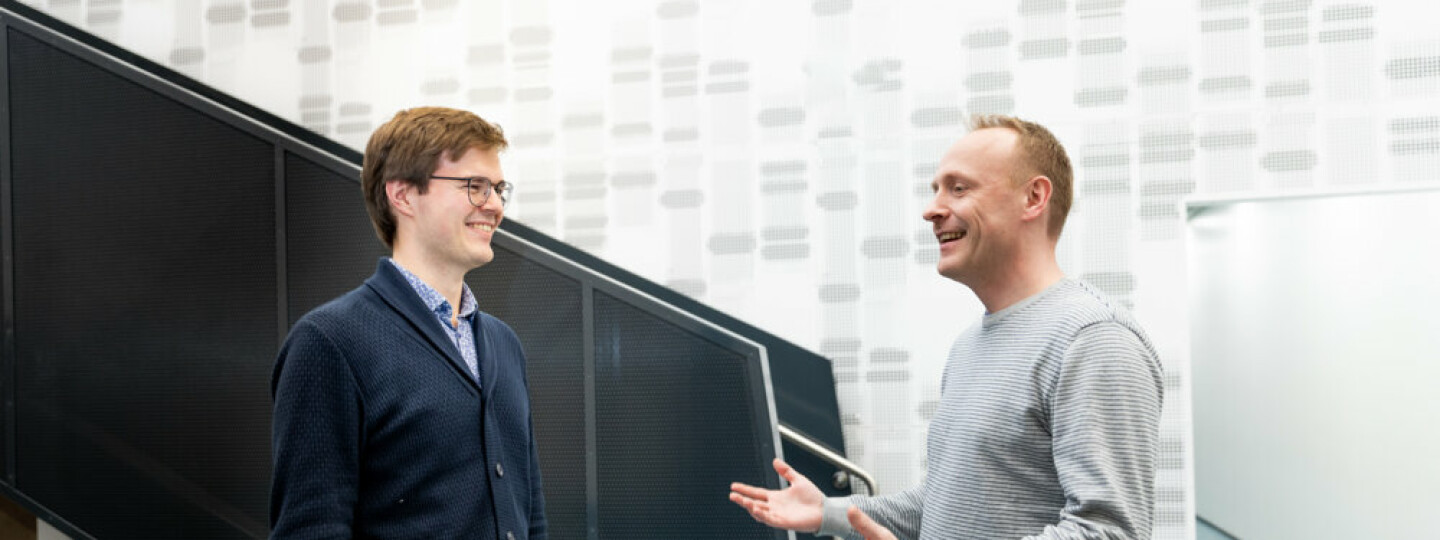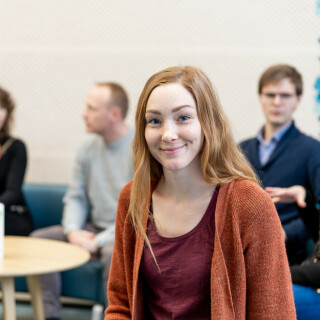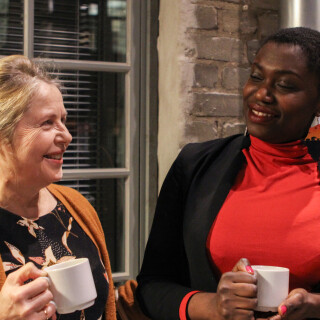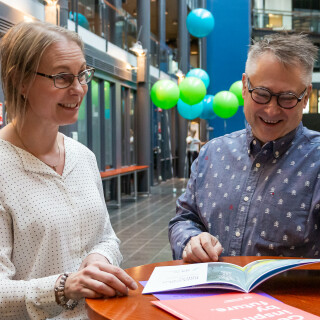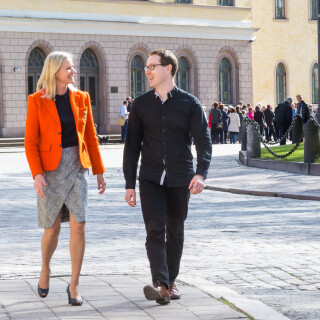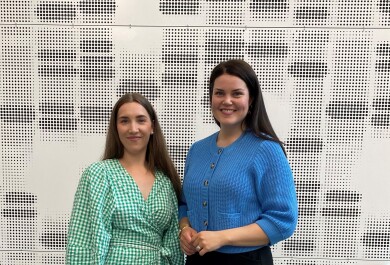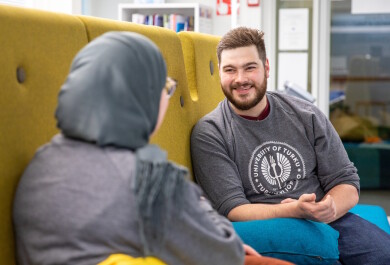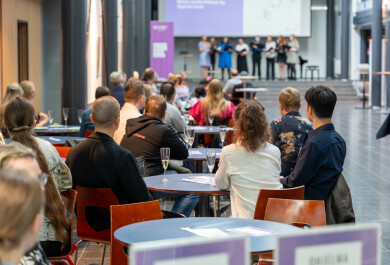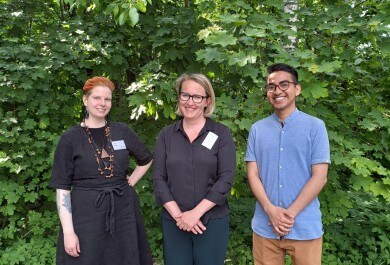The multidisciplinary mentoring programmes of the University of Turku supports students’ transition into working life and the professional development and career planning of researchers and other staff. Mentors are working life professionals who wish to share their working life experience and views as well as their professional networks.
Become part of the mentoring community of the University of Turku
Would you like to share your expertise and experiences from working life, job search, and career planning with a student who is about to graduate? Would you like to encourage and support a young researcher to move forward in their career, or the professional development of a university employee in an expert or superior position? If you have been in working life for at least five years, why not become a mentor.
As a mentor you get:
- A (conscious) reflection on one's own career and choices
- Updating one's professional expertise and skills
- New perspectives
- Development of management skills
- Recognition of one's own work and achievements
There are many ways to participate in mentoring activities. On this page you can familiarize yourself with the university's mentoring programs.
